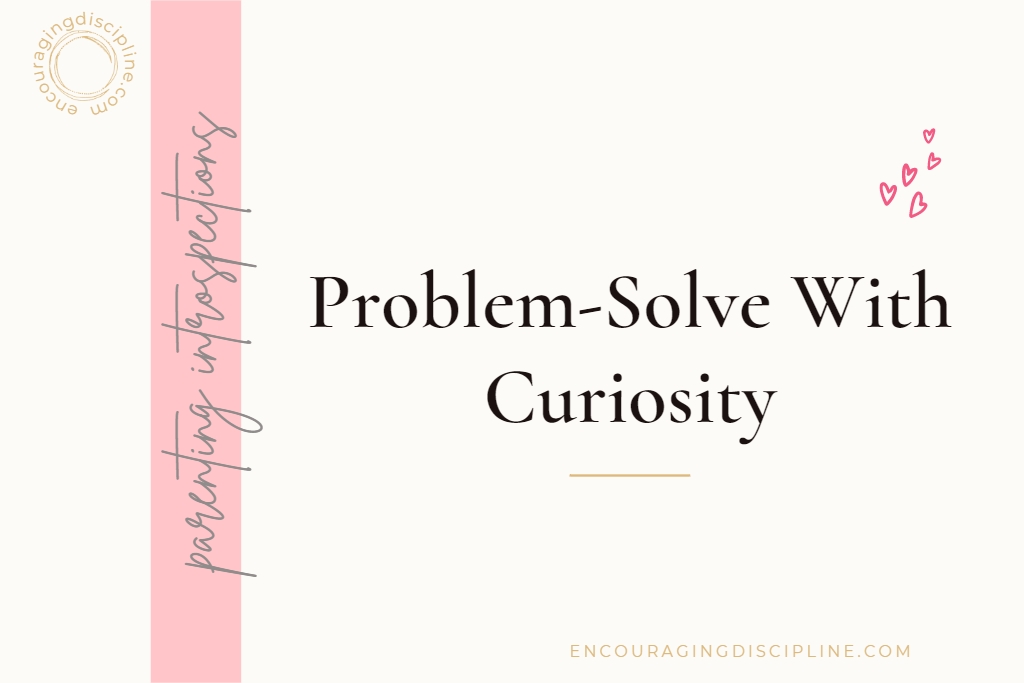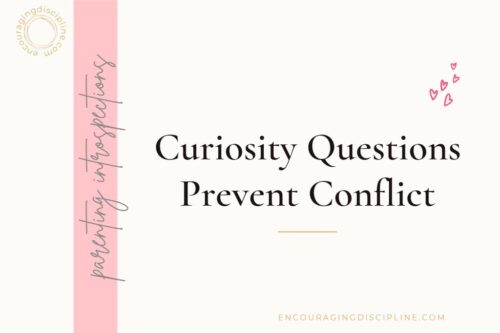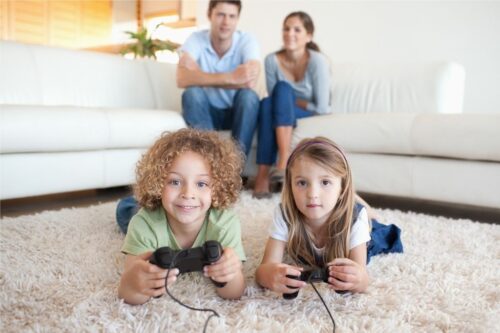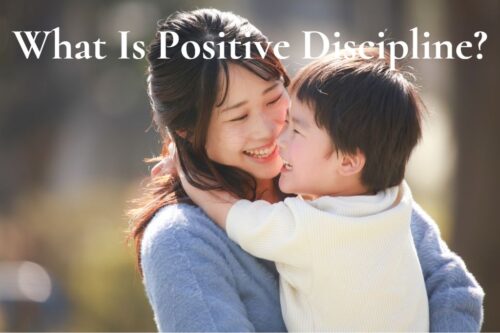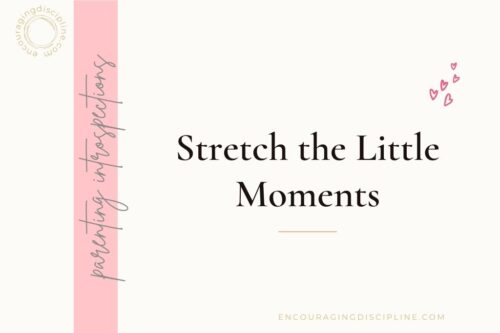Problem-Solve With Curiosity
My kids and I have some of our best discussions at bedtime. I’d like to share with you a story about a time when curiosity kept us on track and helped us to problem-solve and reduce conflict.
The other night both my kids told me about a prank going on in their respective classes. Apparently, the latest “fun” is to secretly swap other kids’ tablets. When the pranked children go to use their tablets in class, they find tablets with other names on them, and generally, because these are young kids, they feel worried and upset.
This never happened to my kids directly, but they watched their friends deal with it. And, as a result of this, they are also anxious, worrying about when or if they will also get pranked.
What would I do?
After they told me this story, my kids began to wonder what they would do if this happened to them.
My son who is 7 said, “I would tell my teacher.”
“That’s a good idea”, I said.
But then my son added, “Then I would tell that kid they’re stupid!”
Please don’t judge. My kids are as normal as any other.
This is the moment when I could have gotten hung up on the word “stupid” and gone into a lecture about how we don’t use that word in our family and how would you feel if someone said this to you and all that.
But this doesn’t help. I’ve done it hundreds of times with no result.
Instead, this time I tried something different. I used curiosity to understand where my son was coming from.
I realized that my son felt like he would have wanted to call the other kid “stupid” because he was really putting himself in that situation. He was imagining himself as the “victim” in the scenario we were discussing. So he was actually using empathy to understand and problem-solve. This is a good thing!
Consequently, this did two things for him.
On the one hand, imagining how he would feel if that happened to him, my son was able to accurately identify how his friend was feeling when he found someone else’s tablet in his desk.
And secondly, because he was doing such an excellent job of feeling empathy, my son also had that very human and protective instinct: he wanted to stop the hurt. He wanted to hurt the child who made him feel bad. Even if this was in his imagination.
This is a very normal and human reaction. We all have it. And it’s especially powerful in children.
It would have been unhelpful to make my son feel bad for being human. Instead, I realized that, in order to teach him to problem-solve effectively, it would be more helpful to show him how to assess and control his reaction.
Related: What to Do When Your Child Calls You Stupid
The magic problem-solving question
What I did next is to ask a question that has helped us immensely over the years: “Would that solve your problem?”
Other ways to ask this question are “Would that make things better?” or “Would the kid know what he did wrong?” “Would this kid understand how he hurt you?” “Would this change the situation?”
This question is so great because it helps our kids learn to look at problems, challenges, conflicts, or disagreements through a different lens. They’re not looking to blame or hurt back, they’re looking for real solutions.
And rather than having a reaction that they can’t even understand, they learn to make sense of their feelings and to choose their actions wisely from a problem-solving perspective.
How to help kids problem-solve
So, to summarize, I did three things that night to help my kids problem-solve rather than get hung up on unpleasant emotions:
- I stayed calm and let go of the need to urgently fix and correct their behavior.
- I showed curiosity to understand my child’s point of view.
- I asked guiding questions rather than telling or lecturing, to help my kids come to their own conclusions. Oftentimes, learning that we discover ourselves is more enduring than if someone gives us the answer directly.
My son realized that calling someone “stupid” wouldn’t solve his problem. He wouldn’t get his tablet back and it wouldn’t stop the person from doing it again. Instead, we focused on practical things he could do to problem-solve if this happened to him in the future.
I’m writing all this down as a reminder to myself for the next time when my kids share their experiences with me. I want them to keep coming to me to share their struggles and trust that I am a supportive listener. I want them to know that they don’t have to deal with anything alone and that we can problem-solve together.
I trust that my kids are good humans even when they make mistakes. They can learn to understand and forgive themselves for being human and they can do the same for others.
Because having certain feelings or impulses doesn’t diminish our value. And we always have a choice when it comes to acting on those feelings and choices.

